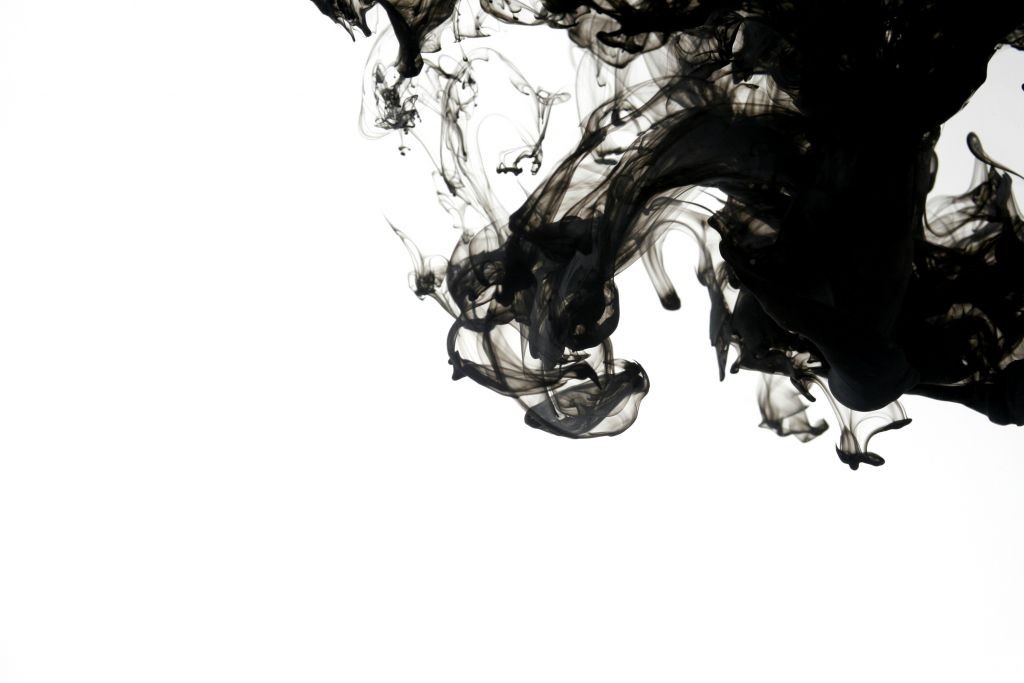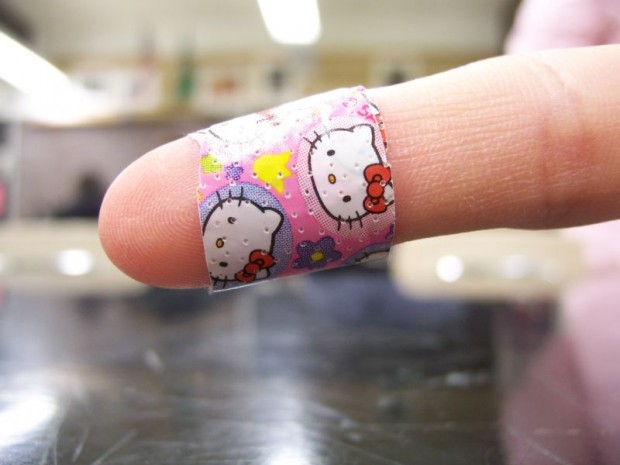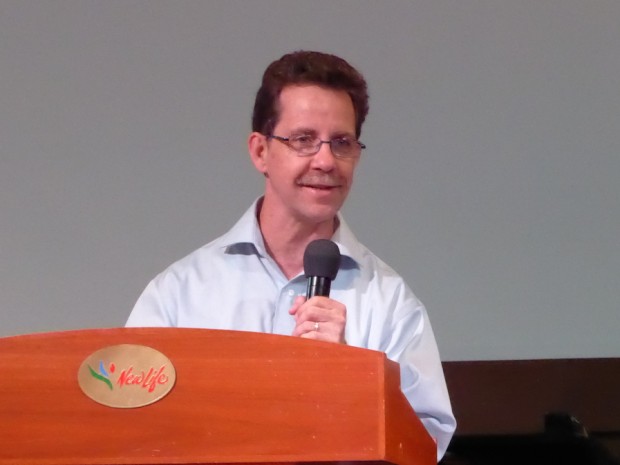
Organized by Malaysia National Prayer Nurturing (MNPN) and Malaysian Youth Prayer Gathering (MYPG), Dr Bradley Stuart – founder and director of Yada International – came to share about how we can intercede and deal with root issues, at the New Life Restoration Centre, Petaling Jaya.
Exodus 34:7 says, “Keeping mercy for thousands, forgiving iniquity and transgression and sin, by no means clearing the guilty, visiting the iniquity of the fathers upon the children and the children’s children to to the third and the fourth generation.”
The passage above talks about iniquity, transgression, and sin as unique yet connected entities to one another. All three work together and fits into Ephesians 6:12, which word “wickedness” or “ponēria” in Greek means iniquity.

Ephesians 6:12 says, “For we do not wrestle against flesh and blood, but against principalities, against powers, against the rulers of darkness of this age, against spiritual hosts of wickedness (iniquity) in the heavenly places.”
Iniquity starts from a person, which influences a family, a community, and finally, a nation. In other words, nothing can happen in a nation without it starting from an individual.
Praying for a person who has iniquity but perceived to have sin, is like placing a bandage on an open wound. This prayer is ineffective because it does not heal the wound. What then do we do with a person with iniquity, also known as trespasses?
James 5:16 gives us the answer saying, “Confess your trespasses to one another, and pray for one another, that you may be healed. The effective, fervent prayer of a righteous man avails to much.”

In the Old and New Testament, sin in Greek and Hebrew means “to mess them up.” Let us imagine that we are archers. The picture of sin is like us drawing a straight arrow to the target, but we keep missing the mark involuntarily due to our flesh.
The severity of sin is akin to getting a cut, which can be healed immediately by applying a band-aid. If we deal with sin, we do not need to deal with its progression towards transgression and iniquity.

Transgression is more severe than sin. Let us imagine that we are archers again. The picture of transgression is us having a straight arrow but we willfully choose to miss the mark this time. Unlike sin, this is a willful act of rebellion and overstepping the limits we are fully aware of.
The severity of transgression is akin to getting an infection into the cut. Its bondage thus is stronger than sin. At this stage, we need to pray harder because we are opening the door for demonic powers to come in.
An example of transgression would be God saying that we shall not lie. But we go beyond the limits and overstep the boundaries. We transgress by lying knowing that it is wrong.

Iniquity is more severe than transgression. Basically, iniquity is the result of willful and repeated action of the same transgression over time. And because we choose to repeatedly transgress against God’s Word, we sear our conscience. At this point, it becomes harder for us to differentiate right from wrong and Truth from lies.
Coming back to the picture of the archer again, iniquity is like us having a crooked arrow to begin with. Why crooked? Crooked symbolized the perversion or bending of the Truth to justify our desire to continue committing the same transgression.
At this point, we have established an automatic pattern of behavior, even though it is against the Word of God. Iniquity becomes embedded in our character, disposition or nature. As a result, we have a tendency to do wrong without even thinking about it.

The three words that sum up iniquity are unrighteousness, wickedness, and lawlessness, that are ongoing.
Isaiah 53:5 gives us a picture of iniquity. It begins first with, “But He (Jesus Christ) was wounded for our transgressions, He was bruised for our iniquities.”
Firstly, why “bruised”? This is because iniquity bruises our character. More than transgression, iniquity is akin to having the infection enter our bloodstream. It becomes part of who we are.
Continuing Isaiah 53:5, the following verse says, “The chastisement for our peace was upon Him (Jesus Christ), And by His stripes we are healed. All we like sheep have gone astray; We have turned, every one, to his own way.”

The iniquity in Isaiah 53 refers to this verse, “All we like sheep have gone astray; We have turned, every one, to his own way.” We no longer follow God but we walk and turn as we please.
And certain iniquities have direct effect on our body. Psalm 103:3 says, “… who forgive all your iniquities and who heals all your diseases.” For example, a research study has shown that more than 60 percent of cancer patients had trouble forgiving.
Iniquity keeps us captive in one area of our life. Acts 8:23 says, “For I see that you are poisoned by bitterness and bound by iniquity.”
However, this also begs the question, “Did Christ not wash all our iniquities away when we believe Him?” The Bible did say that we are a new creation in Christ (2 Cor 5:17) and we will receive the Holy Spirit as believers in Christ (Acts 1:8).

Nevertheless, we also carry with us rebellious patterns, from the times before we believe in Christ. The Holy Spirit continually works in us to break free from these patterns and make us more Christ-like.
For example, Dr Bradley shared how his battle with the iniquity of rejection resulted in 19 spiritual battles to completely overcome rejection.

If our sinful nature would automatically turn to be Christ-like the moment we accept Him, then why are we still struggling with some of our sinful habits even as believers?
Hebrews 12:1b says, “let us lay aside every weight, and the sin which so easily ensnares us (besets us), and let us run with endurance the race that is set before us.”
The words above were written to believers in Jesus Christ. Yet, they are called to choose to “lay aside every weight” (weight meaning sin here) and to “run with endurance.” Laying and running shows an active and repeated choice on our part, day-by-day and moment-to-moment, to follow God’s Word.
Also, it is mentioned here “the sin which so easily ensnares.” Although we believe in Jesus Christ, we are not immune to sin. In fact, it says here that sin can “easily ensnares” us.
That is why Jesus Christ gave us the Holy Spirit who will write the laws of God in our heart. (Heb 10:15-16) As long as we are in our flesh, we will go through the battle of God’s Spirit against our flesh to follow God’s Word. That is why even Paul lamented the contradicting desire of his flesh and the Spirit of God. (Gal 5:17)

The first occurrence of iniquity in the human history is in Cain, which held him captive and caused him to rise up and to murder Abel. Punished by God, Cain said, “My punishment (also means iniquity in Hebrew) is greater than I can bear!”
And while we as civilized men shook our heads towards the great sin of murder, many iniquities can come through the word we spoke. James 3:6 says, “The tongue is a fire, a world of iniquity. The tongue is so set among our members that it defiles the whole body.”
In fact, we can trace iniquity back to the Garden of Eden, the time when Satan was casted down from Heaven.

Ezekiel 28:15-18 says about Satan, “You were perfect in your own ways from the day you were created, till iniquity was found in you. By the abundance of your trading You became filled with violence within, and you sinned. Your heart was lifted up because of your beauty; you corrupted your wisdom for the sake of your splendor. You defiled your sanctuaries by the multitude by your iniquities, by the iniquity of your trading.”
Satan did not fall because of one sin, but a “multitude of iniquities” was found in him. Satan fell because of repeated sins, which eventually turned into iniquity. It started with the iniquity of pride, followed by “a multitude of iniquities.”
Looking at the severity of iniquity, what is the responsibility of intercessors? Ezekiel 33:7-8 gives us the answer saying, “So you, son of man: I have made you a watchman for the house of Israel; therefore you shall hear a word from My mouth and warn them for Me. When I say to the wicked, ‘O wicked man, you shall surely die!’ And you do not speak to warn the wicked from his way, that wicked man shall die in his iniquity; but his blood I will require at your hand.”
The work of an intercessor is to warn the people of their specific iniquity, so that they can be turned away from their wicked ways.

Even in iniquity itself, there are levels of it, in which its fullness bring judgment. Genesis 15:16 says, “But in the fourth generation they shall return here, for the iniquity of the Amorites is not yet complete.” And during Abraham’s time, we see God destroying the Amorites in Sodom and Gomorrah. (Gen 18:18-33)
In how God dealt with the Amorites, we can see God’s justice. He does not bring judgment until the iniquity is complete or reaches its fullness. And because Sodom and Gomorrah have reached its fullness of iniquity, they are destroyed.
Iniquity progresses from a person to his or her family, to their community, and to their nation, as you see from Judah to David; and then, from David to David’s sons, which resulted in Israel becoming known as an adulterous nation. Cain built the first city to try to defend himself from his iniquity, which was greater than he could bear.
In Genesis 6 when Noah and in Genesis 18 when Sodom and Gomorrah have reached the fullness of iniquity, God’s judgment had to come.

Also, iniquities like to work together. Applying the principle of God where two is bettter and bigger than one, we often see iniquities working in pairs.
For example, 1 Samuel 15:23 says, “For rebellion is as the sin of witchcraft and iniquity is as stubborness and idolatry.” Stubborness and idolatry work together well, and often come together in a person. A stubborn person makes an idol of what he believes in and is unteachable. Bitterness and unforgiveness also come together.
The iniquities of our fathers are not passed on, but we can choose to emulate, practice, or take on. God does not make us pay for our father’s sin because of what Jesus Christ has done on the cross.
But without Jesus, our sin can be passed on to the third and fourth generation (Exo 34:7) and even the tenth generation (Deut 23:2). We can see these examples in the Old Testament.
For example, Abraham first had the iniquity of deception for lying to the Pharaoh that Sarah was his sister instead of his wife. (Gen 12:10-13) Later, we see his son Isaac deceiving the men of Gerar with the same deception of his father, word for word. (Gen 26:6-7) This is followed by Isaac’s son, Jacob, who deceived his father for his older brother’s blessings. The son of Jacob also deceived their father Jacob of Joseph’s death when he was sold as a slave. (Gen 37:31-33)

Another example of iniquity is the sexual iniquity, which can lasts for 10 generations (Deutronomy 23:2).
For example, Judah had the iniquity of lust, which his daughter-in-law Tamar saw and tricked him. Ten generations later, David battled with the same iniquity nd committed adultery with Bathsheba. (2 Sam 11) His son Amnon later committed incest with his sister (2 Sam 13:1-15) and his other son Absalom had sexual intercourse with all of David’s concubine.(1 Sam 16:20-23) Not to mention his son Solomon also loved many women (1 Kings 11:1-4), which turned his heart away from the Lord. And from Genesis 28, Israel was called as an adulterous generation.
People who have iniquity are called “workers of iniquity” in Matthew 7:23. They are enslaved to a cycle of sin, but they enjoy it and are not willing to give up.
But we are privilege to have this knowledge, so we can break this cycle. Identifying inquity in people also helps us to pray for the Lord to open their eyes and have them repent. Thus, this will save us hours of praying.

Finally, if we were to relate iniquity to a plant, the flower is the sin and the greenery is our transgression, and the root is iniquity. And for each one – sin, transgression, and iniquity – we need to deal with it accordingly.
Many Christians reach a point of frustration and they do not break free because they have not gotten down to the root of iniquity. They are placing a bandage over a bruise.
To identify whether a wrongdoing is a sin, transgression, or iniquity, ask yourself these questions. If one does it accidentally, it is a sin. If one does it deliberately, it is a transgression. If one does it automatically, it is an iniquity. Asking these questions will help us pray and deal with each one more effectively.
For more information about praying and intercession, please visit Yada International.
Malaysia National Prayer Nurturing (MNPN) and Malaysian Youth Prayer Gathering (MYPG) are also actively raising up prayer warriors and intercessors. For more information on learning to pray and intercede in Malaysia, please contact 12prayer@gmail.com.
| Share the Good News |
For other articles written on Dr Bradley Stuart:
Why praying and intercession are important to God?
God, take me Deeper with You through Praying and Interceding




Leave a Reply